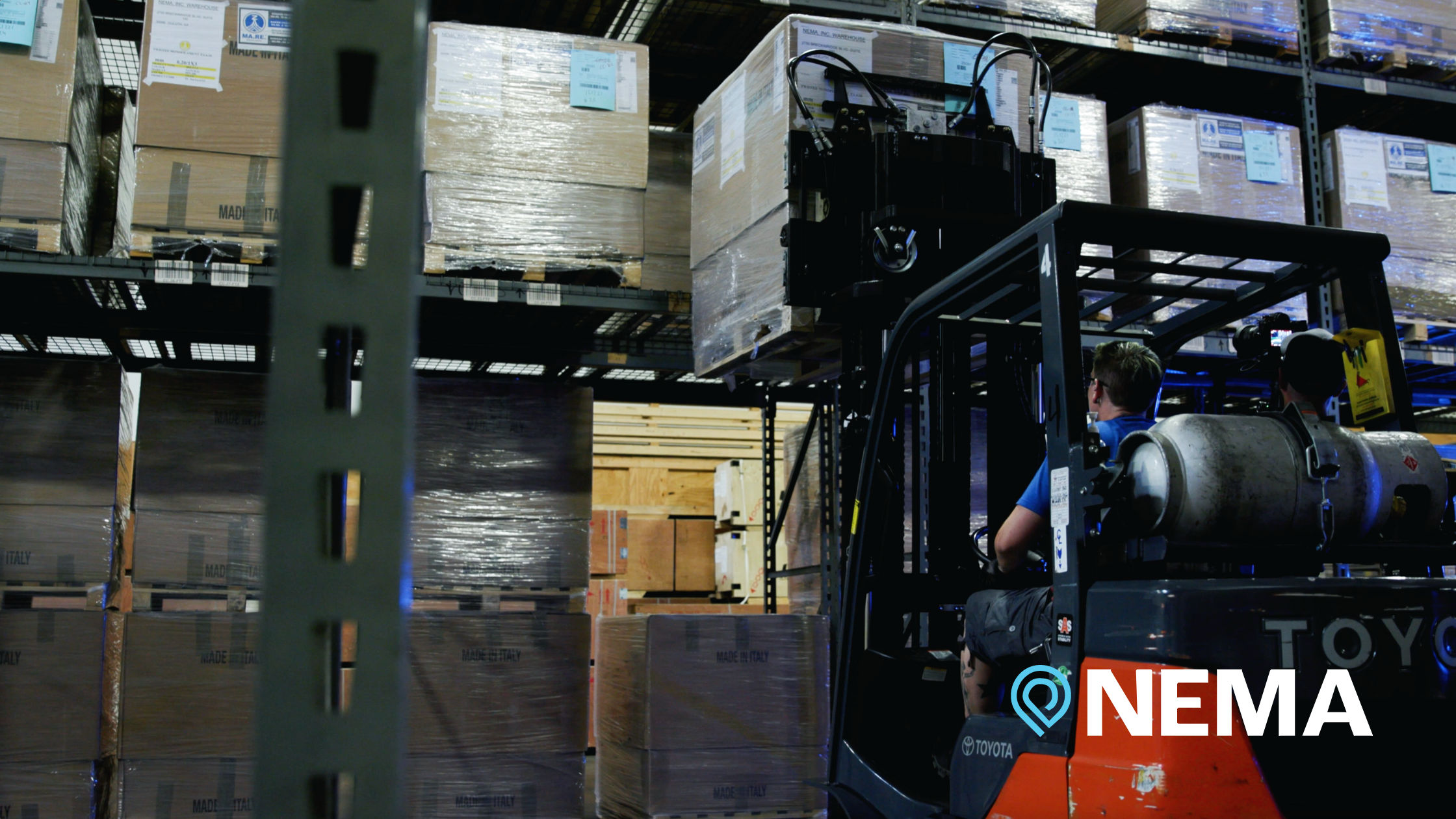
Efficient storage and distribution are the backbone of any thriving business, regardless of its reach.
This is where warehousing solutions come into play.
By choosing the right warehousing option, you can streamline your operations, optimize your inventory management, and ultimately fuel your company’s success by boosting your bottom line.
But with various options available, how do you know which options are best for your business?
Two Warehousing Options for Businesses
The world of warehousing offers a variety of solutions, but for businesses considering international trade, two main options emerge: Foreign Trade Zones (FTZs) and traditional warehouses.
Foreign Trade Zones (FTZs)
Foreign Trade Zones (FTZs) are designated areas within the United States that function under special customs rules. FTZs are game-changers for businesses engaged in international trade, as they reduce import and export duties and simplify customs procedures.
As a business, imagine storing, processing, or even assembling imported goods without immediate customs duties. This translates to significant cost savings and greater flexibility in managing your business’s inventory.
Want to learn more? Read our blog post Understanding FTZs: A Gateway to Global Trade Efficiency
Traditional Warehousing
Traditional Warehousing are the familiar storage facilities which offer a well-established infrastructure for securely storing and managing your goods.
Traditional warehouses ensure your products are readily available when you need them. This benefit makes it a good fit for businesses primarily focused on domestic operations or those with limited international activity.
Learn more about how you can Optimize Supply Chain Efficiency in our previous blog post here.
The ideal warehousing solution depends on your business’s specific needs and goals. FTZs are a perfect choice for businesses heavily involved in international trade, especially those dealing with high-duty goods. Traditional warehouses might be more suitable for companies focused on domestic operations or those requiring maximum storage flexibility.
What are the Foreign Trade Zones Benefits?
Benefits:
- Cost Savings: Reduced or eliminated import/export duties on goods destined for re-export can significantly boost your bottom line. This translates to increased profitability and a competitive edge in the global marketplace.
- Streamlined Customs: Forget complex paperwork and lengthy processing times. FTZs offer a simplified customs environment, minimizing administrative burdens and expediting the movement of your goods.
- Operational Flexibility: FTZs go beyond just storage. You can engage in light manufacturing or value-added activities within the zone, offering greater control over your supply chain.
Considerations:
- Initial Investment: While operational costs within an FTZ can be lower, there might be additional licensing fees or permitting requirements compared to traditional warehouses.
- Space Constraints: The availability of space within an FTZ can be limited depending on the zone’s size and existing occupancy.
What are the Traditional Warehousing Benefits?
Benefits:
- Widespread Availability: Traditional warehouses are readily available in most locations, offering convenient storage solutions for your inventory.
- Familiar Operations: The established infrastructure and procedures of traditional warehouses make them a familiar and potentially less complex option, especially for businesses new to warehousing.
- Economies of Scale: When dealing with large volumes of goods, traditional warehouses can offer economies of scale, potentially lowering storage costs per unit.
Considerations:
- Duty Burden: Traditional warehouses mean facing the full brunt of import/export duties, which can significantly impact your bottom line, especially for businesses heavily involved in international trade.
- Complex Regulations: Navigating customs regulations for traditional warehouses can be complex and time-consuming, leading to delays and potential administrative headaches.
- Limited Functionality: Traditional warehouses primarily focus on storage. Activities beyond basic storage may require additional arrangements or partnerships.
Cost Comparison
Foreign Trade Zones (FTZs)
- Initial Setup Costs: While offering significant operational cost savings, FTZs might have additional licensing fees or permitting requirements compared to traditional warehouses. These upfront costs can vary depending on the specific zone and your business needs.
- Operational Expenses: Although FTZs offer streamlined customs procedures, there may be additional fees associated with on-site services or zone administration. However, these are often offset by the significant savings on import/export duties and potentially lower storage costs due to duty deferral benefits.
- Import/Export Duties: This is where FTZs truly shine. Businesses can enjoy significantly reduced or eliminated import/export duties on goods destined for re-export. This translates to major cost savings and increased profitability.
Traditional Warehousing
- Initial Setup Costs: Traditional warehouses typically require a lower upfront investment. However, your business might need specific build-outs, accruing customization costs to meet your specific storage requirements.
- Operational Expenses: Traditional warehouses often incur higher storage and labor costs compared to FTZs, since it is all on your business’s payroll. You have control, but complex customs processes can lead to delays, requiring additional labor for paperwork and potential issues with customs clearance.
- Import/Export Duties: Traditional warehouses mean facing the full burden of import/export duties on all goods entering or leaving the country. This can significantly impact your bottom line, especially for businesses heavily involved in international trade.
NEMA: More Room to Grow
Choosing the right warehousing solution can be overwhelming, but it doesn’t have to be. By understanding the distinct advantages of FTZs and traditional warehouses, you can make an informed decision that optimizes your supply chain, streamlines operations, and boosts your bottom line.
Still unsure which option is right for you?
That’s where NEMA comes in. We are experts in both FTZs and traditional warehousing solutions. Don’t let warehousing hurdles slow down your success. Contact NEMA today! We’ll partner with you to unlock the full potential of your supply chain and propel your business forward.



